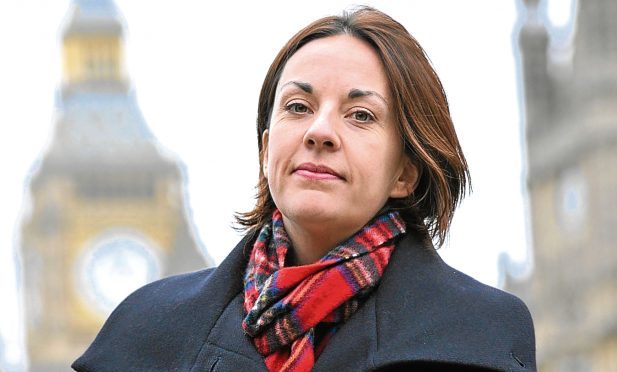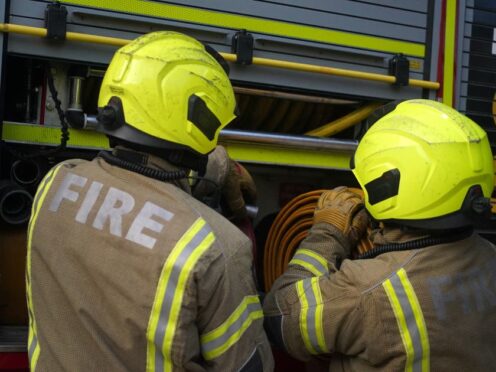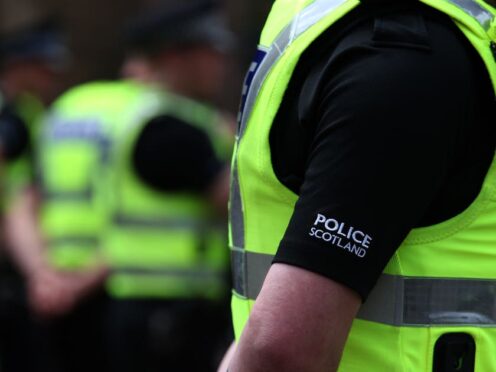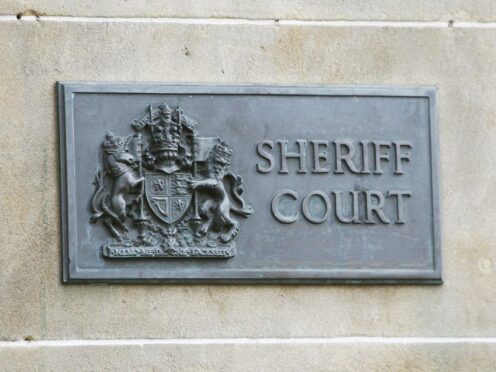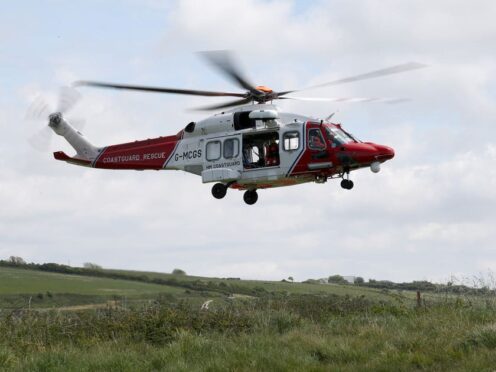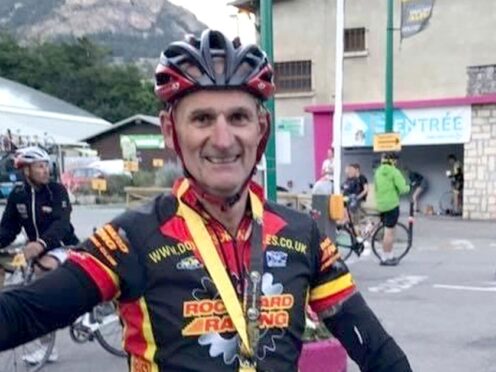Communities across Tayside and Fife could benefit from a new £7 million fund set up to improve the lives of ordinary people.
The Royal Bank of Scotland 300 Fund has been set up to mark the bank’s 300th anniversary in 2027 and will see the it invest £1 million a year for the next seven years into projects designed to make a positive impact for people across Scotland.
The first partnership, with Glasgow University’s John Smith Centre for Public Service, will see 300 people aged 17 to 27 take part in a 12-month programme designed to improve employment prospects and promote respectful debate.
The scheme will include a weekend at the Royal Bank of Scotland’s business school at Gogarburn, a 70-hour paid internship programme with a politician, business or non-government organisation, and membership of the John Smith Centre alumni network.
The aim is for each young person to leave the programme with a new peer group of like-minded people, each with an understanding of public service and how politics and business can be a force for good.
Director of the John Smith Centre for Public Service, Kezia Dugdale, said: “Young people across Scotland are the next generation of leaders, thinkers and entrepreneurs.
“This innovative programme will place politics and public service at its heart, encouraging people to promote civilised debate and pursue positive change in their communities.
“By supporting those who have the interest and passion to enter politics, but not necessarily the access or means, we can deliver transformational change for Scotland in the future.”
Further partnerships supported by the 300 Fund will be announced in the coming months and will focus on areas key to the Scottish economy including climate change, enterprise and financial capability.
The programme has received the backing of first minister Nicola Sturgeon, who described the “passion and enthusiasm” of young people towards politics and issues such as climate change as “hugely inspiring”.
Ms Sturgeon said: “I am proud that our young people have a desire to make the world we live in a better place and are willing to take action, whether that is engaging politically or with specific campaigns close to their hearts.
“This programme is an exciting new way for young people to engage with the world they live in, to broaden their understanding of public service and business and meet others with similar interests but not necessarily similar viewpoints.
“It is a great opportunity to promote civilised and evidence led debate, something which we should all encourage more of to help build the young leaders of the future.”
Malcolm Buchanan, chair of the Royal Bank of Scotland board, said the fund is aimed at “helping to identify and realise the potential of future game changers in Scotland.”
